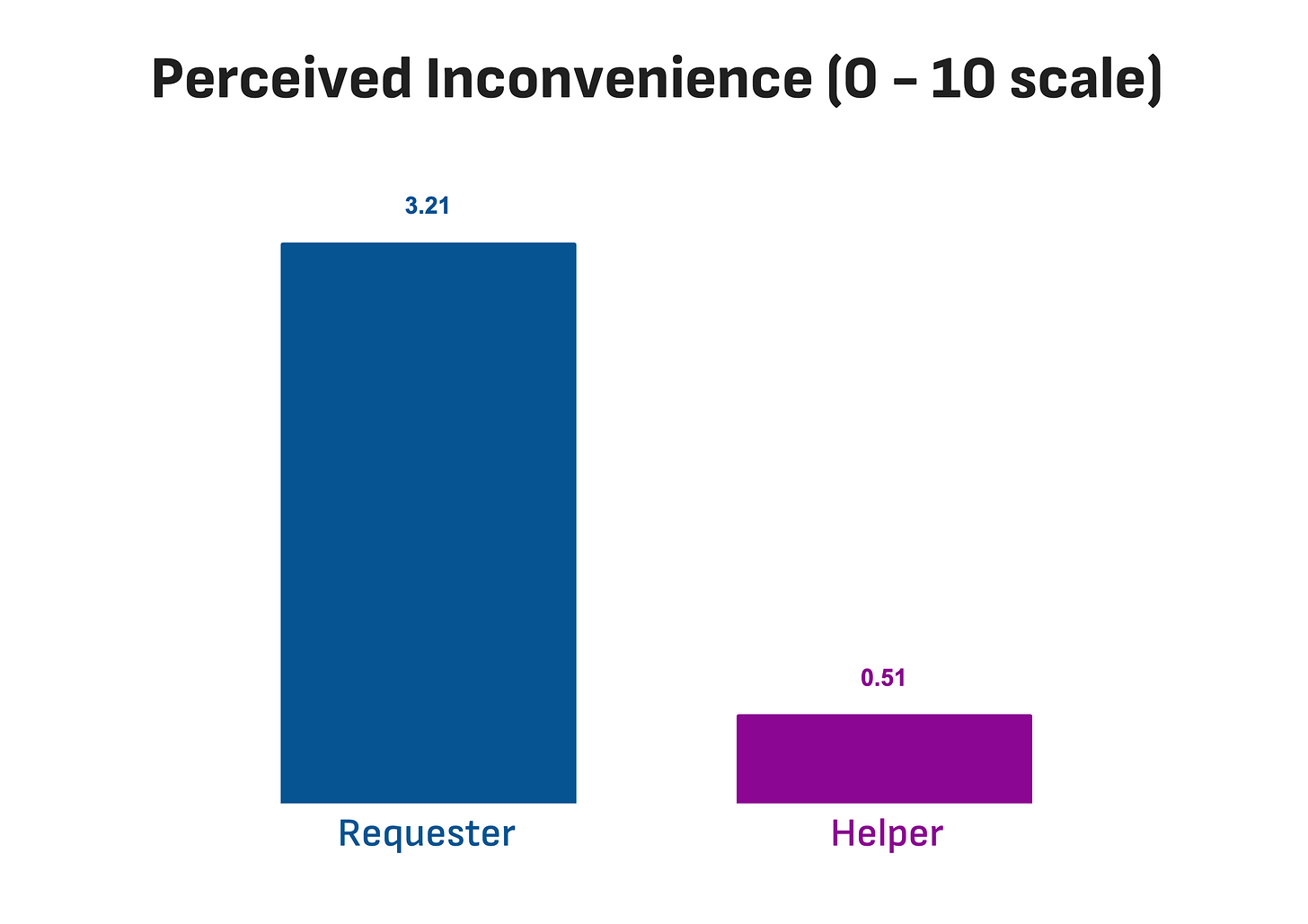Why Don't You Ask for Help?
Asking for Help Is Easier Once You Know This
Right after Melinda Gates inspired me to pivot my career to product management, I started exploring MBA programs that I could possibly get into. My dream school happened to be at a university where my great uncle was an esteemed professor of engineering.
My mother said, “Why don’t you call Uncle Jack?” I barely knew Uncle Jack. Plus, I wanted to get in on my own merits. I also dreaded that uncomfortable conversation asking for Uncle Jack’s help. Last, I didn’t want to bother my very important uncle; I was sure he was too busy to talk to me.
I never called, and, surprise, I didn’t get into my stretch school.
Years later, I sheepishly told Uncle Jack this story and he responded, “Joey, you shoulda called me. I coulda helped!”
Getting Help Means Getting Ahead
Getting help is a skill, and at 26 I was clearly terrible at it. However, each of the seven people profiled in my upcoming book, Outsmart the Learning Curve, excel at cultivating support systems and finding the right people who in many ways enabled their success. None of them could have made their dramatic transformations or overcome daunting adversity without help from friends, acquaintances, and even strangers.
Getting help was such a unifying theme across the subjects profiled that I dedicated an entire chapter to the art and science of it. The book goes into detail about the various clever and not-so-obvious ways each subject approached getting help and suggests how you can apply these principles to your own situation. Below is a little snippet from that chapter.
Why People Don’t Ask for Help
My story with Uncle Jack epitomizes the top reasons people don’t ask for help. Maybe you’ll recognize one or two of these from your own past.
Pride. Many people have a strong desire to be self-reliant. It’s the American way, right? At first the do-it-yourself attitude seems admirable, but if things aren’t working out, and you’re still going it alone, is it foolish egotism that’s driving your behavior? People rarely achieve great things without the help of others. And if you’re in dire need of help like the person under water in the picture above, let’s face it, there’s no time for pride.
Fear of judgment. Asking for help shows vulnerability and weakness, and admitting weakness is hard especially for men. Will the person you’re asking for help judge you or worse criticize or reject the request? But that’s a lot less likely to happen than you think, as you’ll see below.
Fear of being a nuisance. It’s easy to assume that others are too busy with their own lives to help. Help requesters may feel guilty about imposing on someone else's time or resources, especially if they perceive their problem as minor or unimportant. But the person you’re asking is likely a competent human being who can handle their own time management. It’s their job to let you know if the request is inconvenient.
Asking for Help Is Easier Once You Know This
There’s some data to back up my “buts” above. Stanford researcher Xuan Zhao and her colleague Nicholas Epley from University of Chicago constructed a clever series of experiments to see if the perceptions of those asking for help are aligned with those being asked.
In the most telling experiment, a volunteer subject (Requester) was required to ask a stranger (Helper) to take their photo in front of a pond at a public botanical garden. Before asking the Helper for the photo, the Requesters first had to estimate among other things:
How willing the Helper would be to take their photo?
What motivated Helpers to help: being altruistic or based on social pressure and the awkwardness of saying “no”?
How inconvenienced Helpers might feel about the request?
After the photo was taken (96% of the Helpers said yes), Requesters asked the Helper to fill out a survey rating their actual feelings about the interaction.
The Requesters’ forecast of the Helpers’ perception of the interaction were terrible. They essentially assumed the worst in people.
Specifically, Requesters:
Underestimated the Helpers’ willingness to help by 16%.
Underestimated Helpers’ altruistic motivation to help by 57%
Overestimated how inconvenienced the Helpers felt by more than 6x!

Like most academic studies, this one is not clearly extrapolatable to every situation. That said, by and large people want to help for the right reasons and don’t feel inconvenienced at all.
So go ahead and ask!







Great Read!